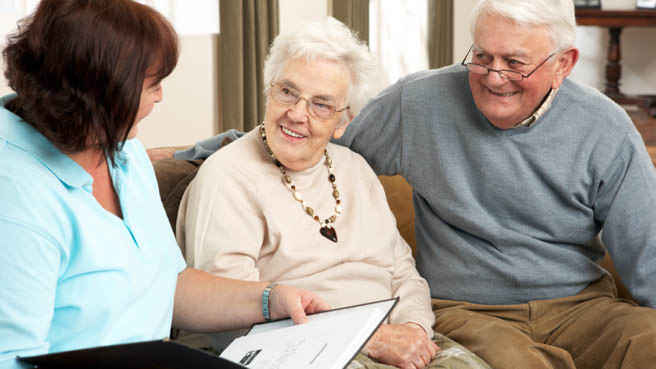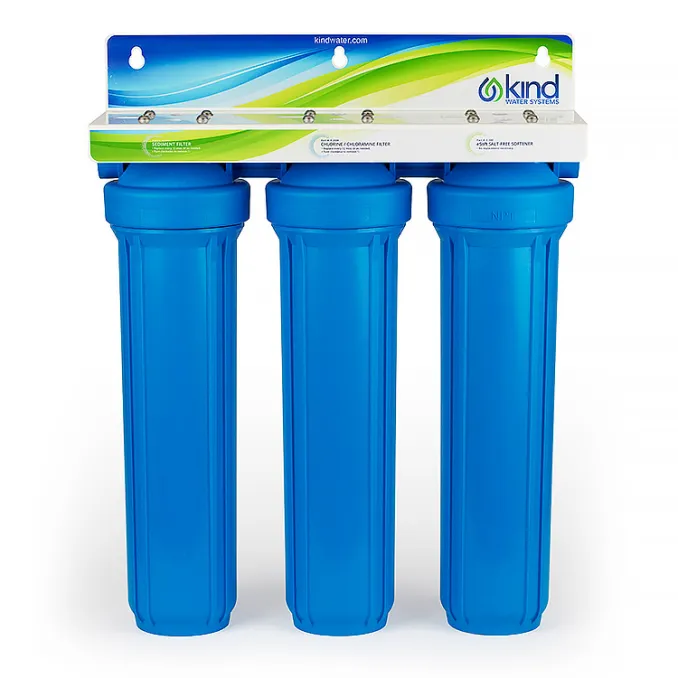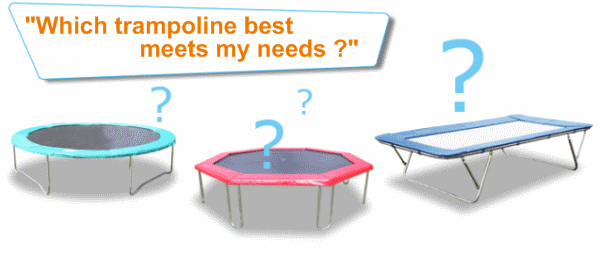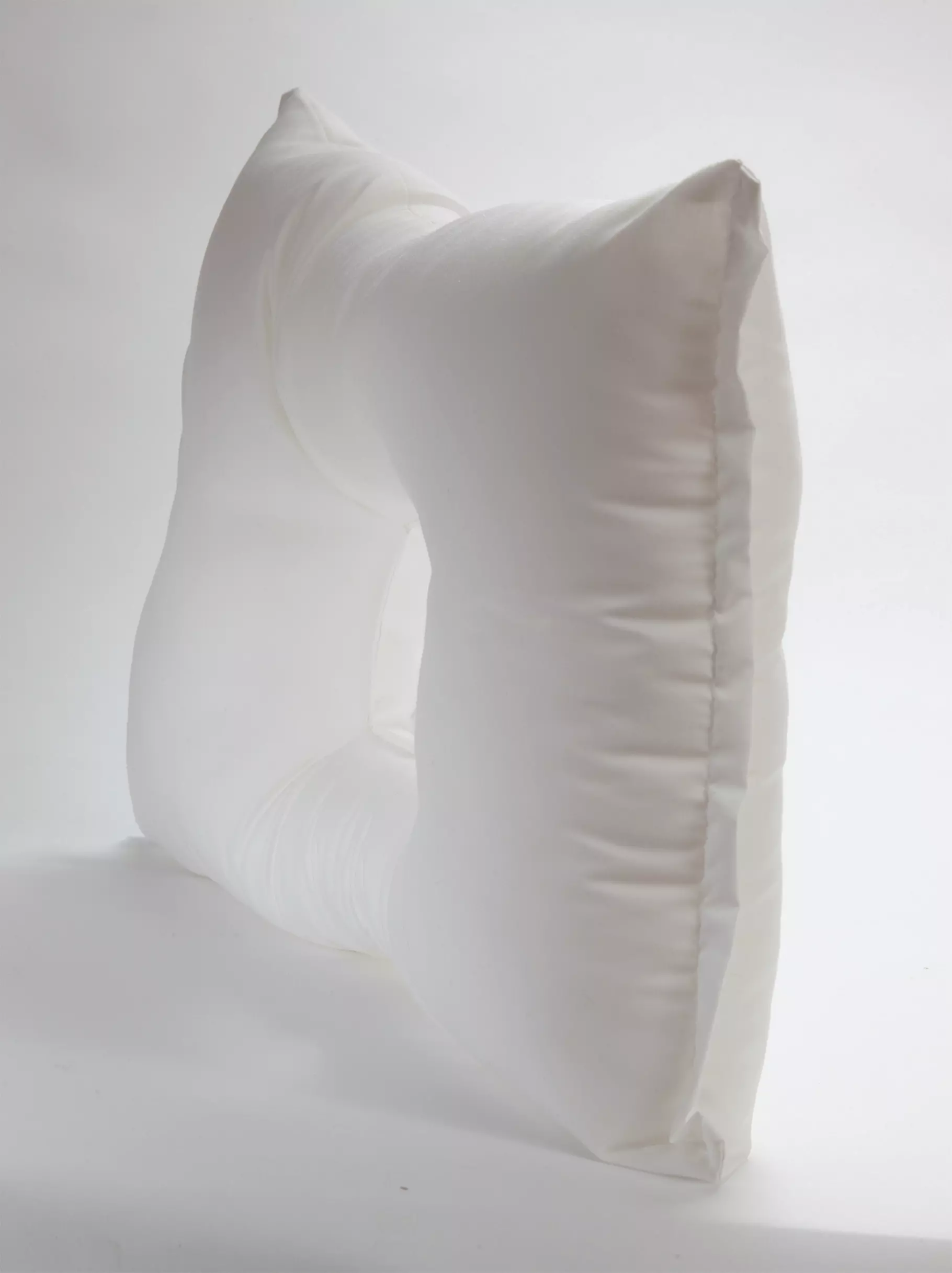
As the Baby Boomer generation grows older, it’s estimated that the older population of Americans will dramatically increase in the following 20 years. With growing older will come less independence; for most individuals, a necessity for either an assisted living center or in-home care. Perhaps you’re the daughter or son of an elderly adult who’s starting to lose the capability of remaining independent. Do they have the ability to keep the house clean; do they have the ability to perform basic chores and run errands; can they go to the doctor to treat medical problems? If they don’t have the ability to do those things, as a loved one you might feel you have come to a crossroads. Should the parent stay in the home and get in-home service or would an assisted living center be better?
Assisted Living Facility

You’ll need to weigh the cons and pros of both options. Assisted living includes a kind of care center which helps seniors with day-to-day activities. Such a facility doesn’t necessarily need to offer daily medical help, such as a nursing care home. Individuals who reside in an assisted living center occasionally reside in different rooms or share the room with one other senior. As a resident they will become a portion of the community; they’re able to participate in community tasks, develop a regimen and engage in social circles. Oftentimes, these facilities offer housekeeping, transportation, laundry, and some clinical care. Such communities, essentially, are constructed to aid residents in staying mobile, safe and active. While those all are benefits, there also is less independence and privacy when one resides inside an assisted living community.
Home Care

Home care will be different from the care people obtain in assisted living centers. Many people like to stay inside their own house if they can and use a service like a local Seniors Helping Seniors care provider service. Some seniors prefer the privacy of getting care from an expert within the comfort of their own house. They might not be very social or they might merely like having their own space. In-home care permits an individual to obtain assistance with daily activities, while simultaneously residing in the home they are comfortable and familiar with. One downside to in-home care is that it might be annoying or intrusive for additional in-home relatives or family members. Depending upon the level of care necessary, the price of home care widely varies. Oftentimes, in-home care personnel will be paid on an hourly basis, with a cost range which depends on the kind of provided care. This may involve general chores such as laundry, cleaning clutter, or medical care. Remaining in a single place when obtaining care allows the senior to remain with their spouses or families who don’t require the same degree of service they do.
Weigh the Pros and Cons of Each
To summarize, the most vital benefits of assisted living include the 24 hour supervision and support for the loved one. Centers are constructed to offer safety for a loved one, fitness programs, nutritional meals, laundry, and around-the-clock housekeeping. Group Homes offer a higher level of care. In-home care, on the contrary, permits someone to remain with their family within an environment they’re comfortable with. Also, in-home care enables seniors to maintain control and independence over their regimen. However, in-home service has higher expenses and may be a problem for additional family members who aren’t obtaining care. One other downside of in-home service is that in-home staff aren’t typically there around the clock. The service is restricted as hours are designated by a company. Assisted living will have a crew available 24/7. The downsides for assisted living include the separation from family and home (causing loneliness, anxiety, or stress) and a loss of independence, as well as loss of control over their daily routine.

Karen is a health blog author who has been writing about healthy living since 2013. She started her journey by adopting a vegan diet and eating only organic foods, but the more she learned, the more she realized that we should all be eating plant-based diets exclusively. As an expert in nutrition and wellness, Karen blogs to educate readers on how they can live happier and healthier lives through food choices!













